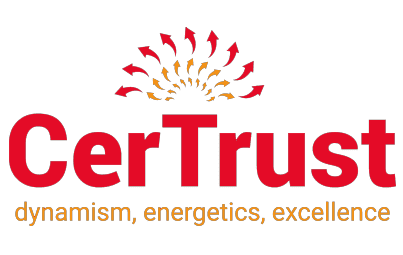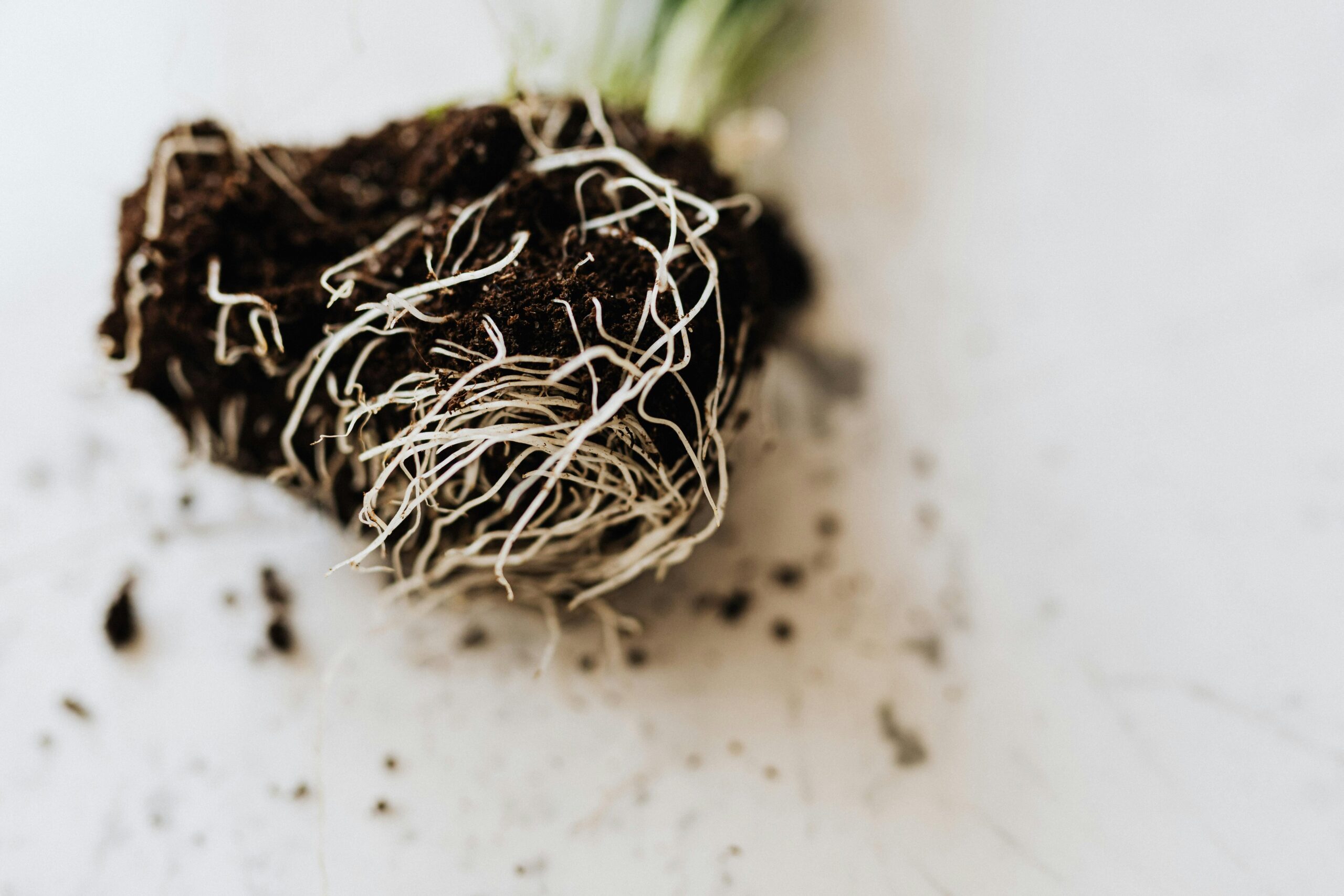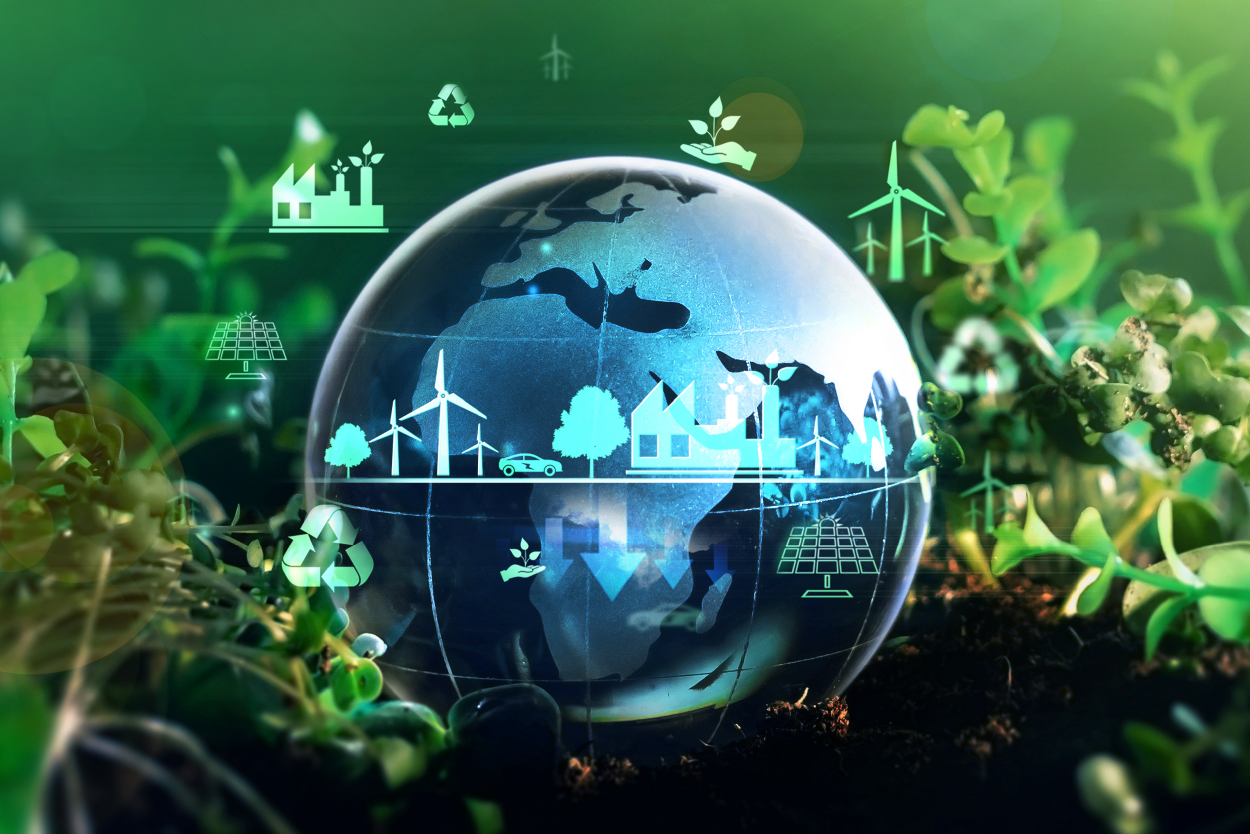From traditional farming methods to modern composting techniques, animal-derived materials play a crucial role in enriching soil health and promoting sustainable agriculture. Manure has long been utilized in agricultural practices, contributing to the fertility of soils and the growth of crops. But how are other animal byproduct derivates used in EU fertilizers, especially in compost? In this article, the benefits and the importance of ethical and environmental stewardship of compost (CMC3) will be examined.
The Potential Use of animal by-products as an input of component materials in EU Fertilizers
Animal-derived materials such as bone meal, blood meal, fish emulsion, and manure are commonly used in fertilizers, which were generally marketed according to national law, to provide essential nutrients to plants. Based on the decision of the European Commission, supporting the circular economy with the use animal byproducts is highly recommended, thus the role of these material as a potential input material of compost (CMC3) has been growing. With this decision the Category 2 and Category 3 animal by-products can be used during the composting procedure. But what kind of materials can be applied as an input of compost?
Ground animal bones, typically from cattle, are processed into a fine powder known as bone meal. Bone meal is a rich source of phosphorus, which is essential for root development, flowering, and fruiting in plants. It is often used as a natural phosphorus fertilizer in gardens and agriculture.
Blood meal and hydrolysed animal protein is often made from dried and powdered animal blood, usually from cattle or poultry. It is a potent source of nitrogen, which promotes leafy growth and green foliage in plants. Blood meal is commonly used as a quick-release nitrogen fertilizer, while free amino acids boost the cell development and growing in plants.
Finally, unprocessed animal manure, such as cow dung, poultry litter, and horse manure, are one of the most valuable source of organic matter as well as nutrients for soil fertility. Manure contains not only nitrogen and phosphorus, and decomposed organic matter but it contains high level of beneficial microorganisms that enhance soil structure, water retention, and nutrient cycling during the enrichment f plant’s rhizosphere and soil microbiome. It is commonly used as a soil amendment and fertilizer in both conventional, integrated and organic agricultural practice.
The Role of Animal by-products in Compost
Composting is a natural process that transforms large-scale organic materials, including animal by-products and biological waste, into nutrient-rich humus, known as compost. Animal-derived materials contribute to composting by providing essential nutrients and accelerating decomposition.
In agricultural settings, by-products of aquatic animals, feather horns, fur, pig bristles, blood and manure are often composted to safely and efficiently dispose of organic waste while recycling nutrients back into the soil. Composting animal by-products involves layering them with carbon-rich materials such as wood chips, straw, or sawdust to facilitate decomposition and minimize odors, however these materials can be composted by themselves as well.
Poultry litter, consisting of manure, bedding material, feathers, and spilled feed, is also a common byproduct of poultry farming. Poultry waste can be composted to produce poultry manure compost, which is prized for its high nitrogen content and beneficial microorganisms. Poultry manure compost is most often pelletized, therefore the formulation helps not only to elongate its expiry but also easifies its transport and open filed application.
Considerations and Challenges
While animal by-products play a valuable role in fertilizers and compost, their use raises several considerations and challenges. Animal-derived materials acceding to Regulation (EC) 1069/2009 may harbor pathogens such as bacteria, viruses, prions and parasites, posing potential health risks to humans, animals and plants.
Using proper composting techniques implemented by an approved animal by-product composting site, including adequate heat, moisture, aeration and rotation, as well as safety and approved animal by-products as an input material are the keys for reducing pathogen levels and ensuring the safety of the final product. Thus, the (EU) No. 2019/1009 Regulation as well as the (EC) 2023/1605 Delegated Regulation lay down rules for the safety requirements of composting procedure using animal by-products as input material.
These regulations state that by-products of animal origin can only be added into an EU fertilizer, when they reach their legal endpoint as an animal by-product To achieve this, strict hygienisation requirements must be fulfilled during the composting procedure. The finely chopped manure and other animal byproducts has to be heated to 70 degrees, so that all the dangerous bacteria die in it. Then it legally ceases from the animal by-product regulation and becomes compost (CMC3).
Balancing the nutrient composition of EU fertilizers and compost is also crucial for preventing nutrient imbalances, soil pollution and environmental degradation.
In addition, the production and use of animal-derived compost-based EU fertilizers could have positive environmental impacts, including the decrease of greenhouse gas emissions, preventing of water pollution and habitat degradation. Sustainable practices such as nutrient management, organic farming, applying integrate agricultural techniques or agroecological approaches could contribute to the improvement of soil health, safety food production and eventually to the improvement of the general health of the society as well.


